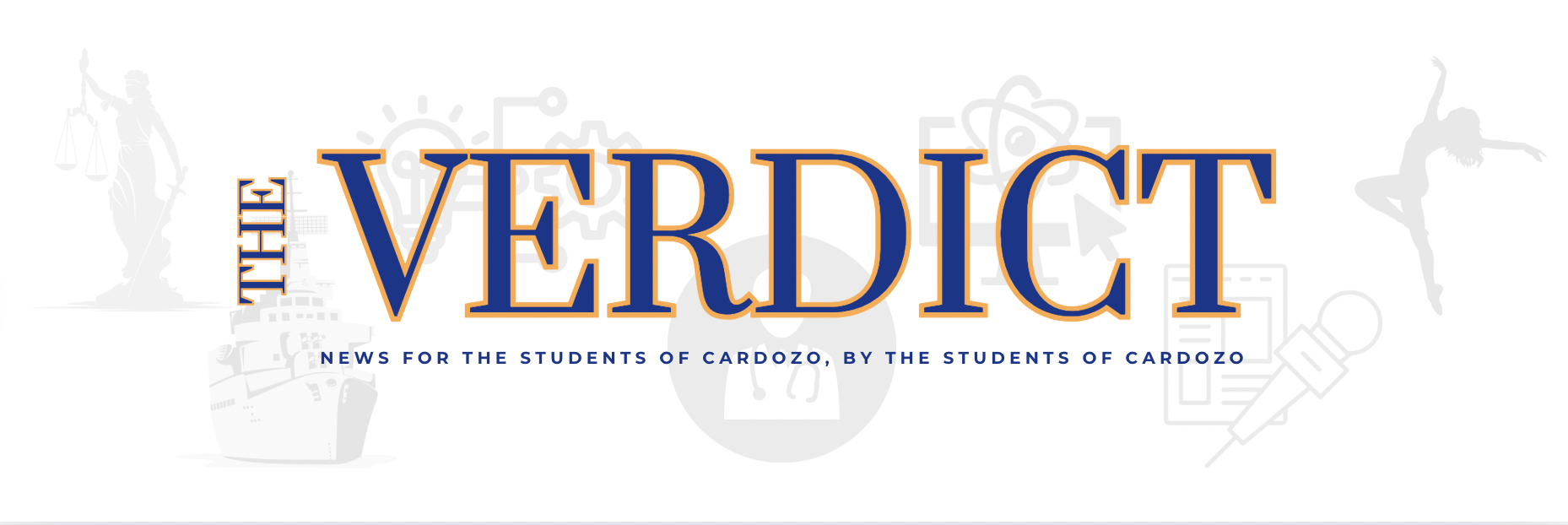Bias is media is becoming more noticed as readers pay more attention to the information they are consuming. Even previously trusted news sources such as The New York Times have garnered valid criticisms of its biased reporting. All mainstream news sources in the U.S. have an established bias already, with outlets like CNN being well-known to support the Democratic Party while FOX has been shown to support Republicans.
As the 2024 election grows closer, many people, especially younger students in college and high school are turning away from such reporting.
To Trust or Not to Trust
A study done by Reuters and Oxford University in 2017 revealed that 67% of people who dislike mainstream news label it as untrustworthy due to biases. Out of approximately 12,000 responses, the study observed that low-income tend to have lower opinions of the news that those of high income, 14% less likely to trust mainstream reporting. With a gap of 12%, consumers under the age of 35 tend to hold a negative view of mainstream news than those older.
Of all the people who trusted the news, when asked why, 39% responded with “I just do,” the most common answer, suggesting an inherent belief in mainstream news without any fact-checking.
It is then followed by the consumer’s confidence in the journalistic process and transparency with people stating that mainstream journalists must have integrity and go through a lengthy process to publicize their stories. Popular journalists in the US are accepted within the two main political parties, for example, an American on the U.S. right reports that, “Newspapers require reliable sources and the reputable ones still have ethical standards. Even if the news is provided through a liberal lens, I can typically find the truth”. Journalism has grown into a more respectful career- people feel at ease to trust their news outlets because it is written by professionals.
Of those who do not trust the news, 77% of Americans reported the problem to be biased. Those with criticism tend to be on the right rather than those who are on the American left, called liberals. This is different in the U.K. where consumers who critique mainstream news tend to be leftists, believing that right-wing sources such as the the Telegraph and The Daily Mail push their agenda by distorting the news.
How Reporting of Gaza Shows the Unreliability of Mainstream News
This data was from 2017, but public opinion since then has been more radical especially concerning Israel’s war on Gaza. Since then, Pro- Palestinian voices have protested in The New York Times after an accusation, which people were skeptical of, was proven to be false by The Intercept and the reporters themselves of the story. The Intercept has then analyzed the coverage of events in Gaza.
For example, authors Adam Johnson and Othman Ali stated, “The term ‘slaughter’ was used by editors and reporters to describe the killing of Israelis versus Palestinians 60 to 1, and ‘massacre’ was used to describe the killing of Israelis versus Palestinians 125 to 1.”
By the time of this analysis which was at the start of January 2024, 22,000 Palestinians were already killed with more stuck under rubble. Instances as such describe the dehumanization of Palestinians as they receive lackluster adjectives for war crimes and UN-reported genocidal acts committed by the IDF.
To look at something closer to home, the article also analyzes the bias of hate crime reporting against Palestinians and pro-Palestinians. Antisemitism is mentioned more times than Islamophobia and racism despite multiple high profile cases of ladder two such as the murder of a Palestinian child named Wadea Al-Fayoue in October, the shooting of college students in Vermont, and chemical -”skunk”- being used against protestors in Columbia University.
A Student’s Perspective
Hasan, a junior at Cardozo High School, weighs in on mainstream reporting by stating that he likes to look at many news sources to form his own opinion on a subject. Hasan says, “I feel like what happens with a lot of news stories is that they’re hungry for stories. I have to take everything with a grain of salt. But if you keep a diverse source of news, you should be fine.”
He uses many news outlets such as Fox News, BBC, Al Jazeera, CNN, and MSNBC. Up to date on many international and local stories, he believes that it is up to the consumer to keep an eye out for biased reporting. Additionally, false reporting does not only present itself in politics and world affairs but also in scientific papers.
Hasan recounts, “There was this paper that claimed to find an ancient missing human leg- an anthropologist paper. I found it in a research paper and then two months later I found out that it was a fraud. What happened is that someone made the fossils.”
No matter the popularity of mainstream news, consumers should always fact-check stories using outlets that are free of bias. Human rights organizations such as Amnesty International and the UN can be particularly helpful along with books written by trusted scholars.













